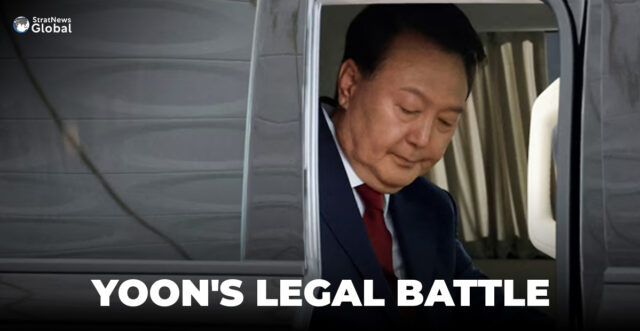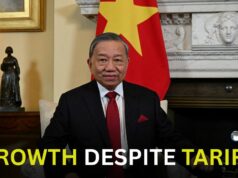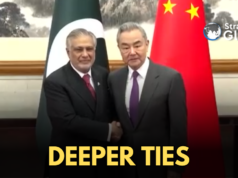South Korea’s former President Yoon Suk Yeol appeared before a special prosecutor on Saturday, facing the threat of another arrest as the probe deepened into his failed attempt to impose martial law in December.
Yoon, through his lawyers, has protested the special prosecutor’s demands to appear for questioning under media attention as a violation of his rights and a tactic to publicly humiliate him.
‘Politically Motivated’
His lawyers said in a statement that Yoon would respond to the investigation on Saturday and tell the truth. They described the investigation as “politically motivated” and “full of falsehood and distortion”.
Yoon did not answer questions from reporters as he entered the special prosecutor’s office.
The martial law attempt in December shocked a country that had prided itself on becoming a thriving democracy, having overcome military dictatorship in the 1980s.
Yoon was later ousted in April by the Constitutional Court that upheld his impeachment by parliament.
Arrest Warrant Appeal Rejected
The special prosecutor sought a warrant to arrest Yoon for refusing to answer repeated summons earlier, but it was rejected by a court this week on the grounds that he has since expressed willingness to cooperate.
The special prosecutor was appointed in early June and has launched a team of more than 200 prosecutors and investigators to take over ongoing investigations of Yoon, a former top prosecutor who was elected president in 2022.
Yoon is already on trial for leading the December 3 martial law declaration. He had been arrested in January after resisting authorities armed with a court warrant trying to take him into custody, but was released after 52 days on legal technicalities.
Legal Battle
Yoon is facing an intensifying legal crisis following his impeachment and an ongoing investigation into his attempt to impose martial law.
Yoon, who was ousted from office amid widespread protests and political turmoil, is accused of orchestrating a failed plan to declare martial law in December last year, a move critics say was aimed at clinging to power in the face of mounting dissent.
(With inputs from Reuters)





